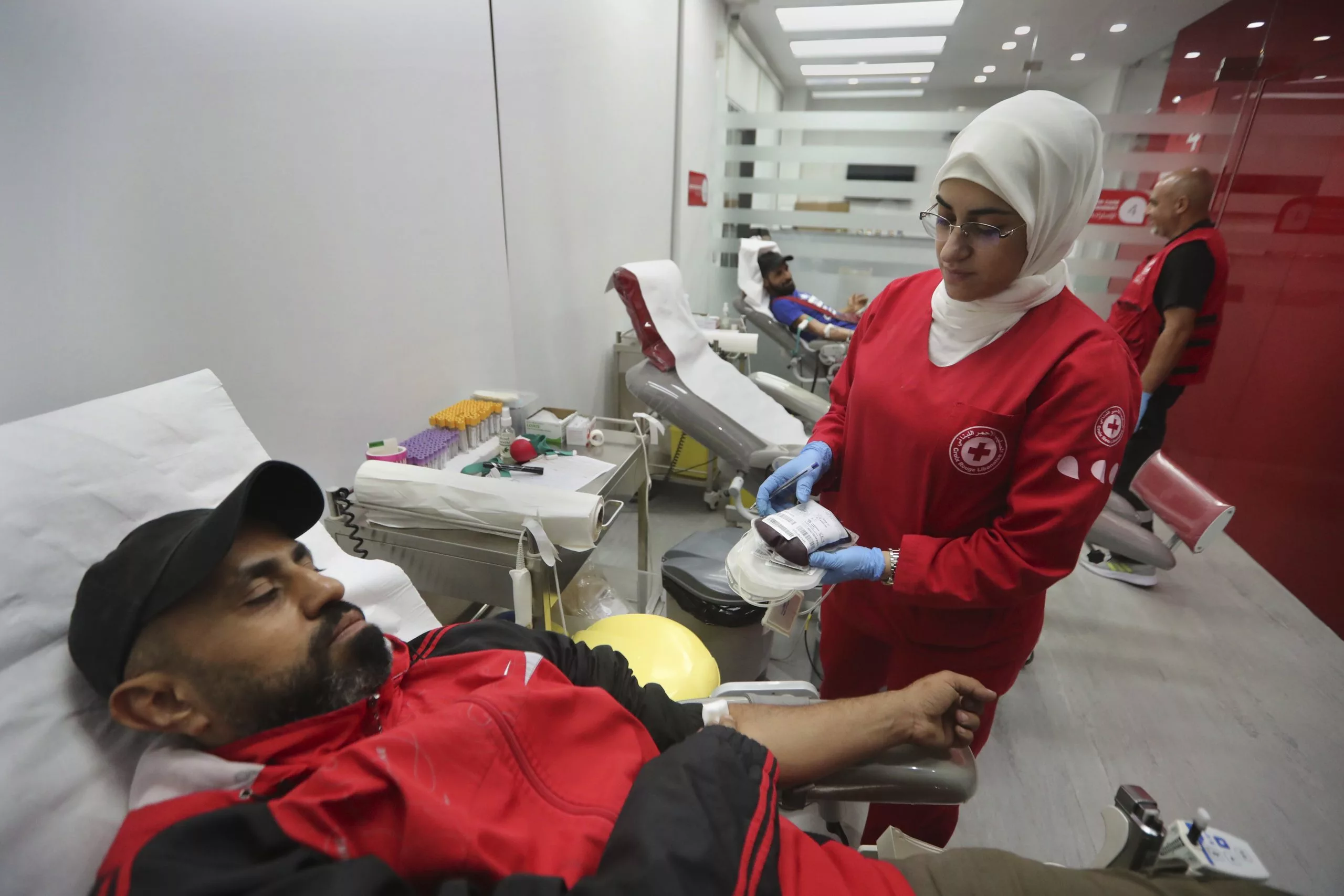NEW YORK (AP) — In what appears to be a sophisticated, remote attack, pagers used by hundreds of members of Hezbollah exploded almost simultaneously in Lebanon and Syria Tuesday, killing at least nine people — including a young girl — and wounding thousands more.
The Iran-backed militant group blamed Israel for the deadly explosions, which targeted an extraordinary breadth of people and showed signs of being a long-planned operation. How the attack was executed is largely uncertain and investigators have not immediately said how the pagers were detonated. The Israeli military has declined to comment.
Here’s what we know so far.
Hezbollah leader Hassan Nasrallah previously warned the group’s members not to carry cellphones, saying they could be used by Israel to track the group’s movements for targeted strikes. As a result, the organization uses pagers to communicate.
A Hezbollah official told The Associated Press the exploded devices were from a new brand the group had not used before. The official, who spoke on condition of anonymity because he was not authorized to talk to the press, did not identify the brand name or supplier.
Apparently the pagers first heated up, and then exploded in the pockets, or the hands, of those carrying them Tuesday afternoon, according to Lebanese security officials and a Hezbollah official.
These pagers run on lithium ion batteries, the official added. And he claims the devices exploded as the result of an Israeli “security operation.”
He gave no evidence, but Israel has a long history of sophisticated operations behind enemy lines.
When overheated, lithium batteries can smoke, melt and even catch on fire. Rechargeable lithium batteries are used in consumer products ranging from cellphones and laptops to electric cars. Lithium battery fires can burn up to 590 C (1,100 F).
A handful of initial reports similarly suggest that the explosions resulted from overheated lithium batteries, likely after the pagers were compromised remotely. But experts also point to other possibilities.
The images seen Tuesday showed signs of detonation, said Alex Plitsas, a weapons expert at the Atlantic Council. “A lithium ion battery fire is one thing, but I’ve never seen one explode like that. It looks like a small explosive charge,” Plitsas said.
That raises the possibility Israel was aware of a shipment of pagers heading to Hezbollah and managed to modify the pagers before delivery, he said.
Another possibility is an electronic pulse “that was sent from afar and burned the devices and caused their explosion,” said Yehoshua Kalisky, a scientist and senior researcher at the Institute for National Security Studies, a Tel Aviv think tank.
“It is not some random action; it was deliberate and known,” Kalisky added.
Brought to you by www.srnnews.com








